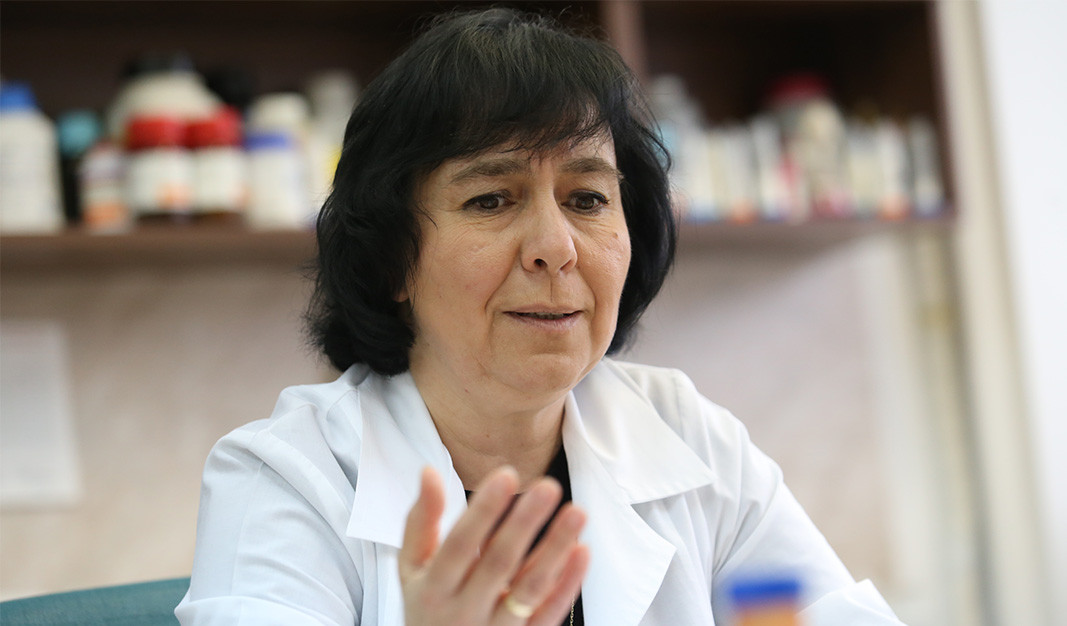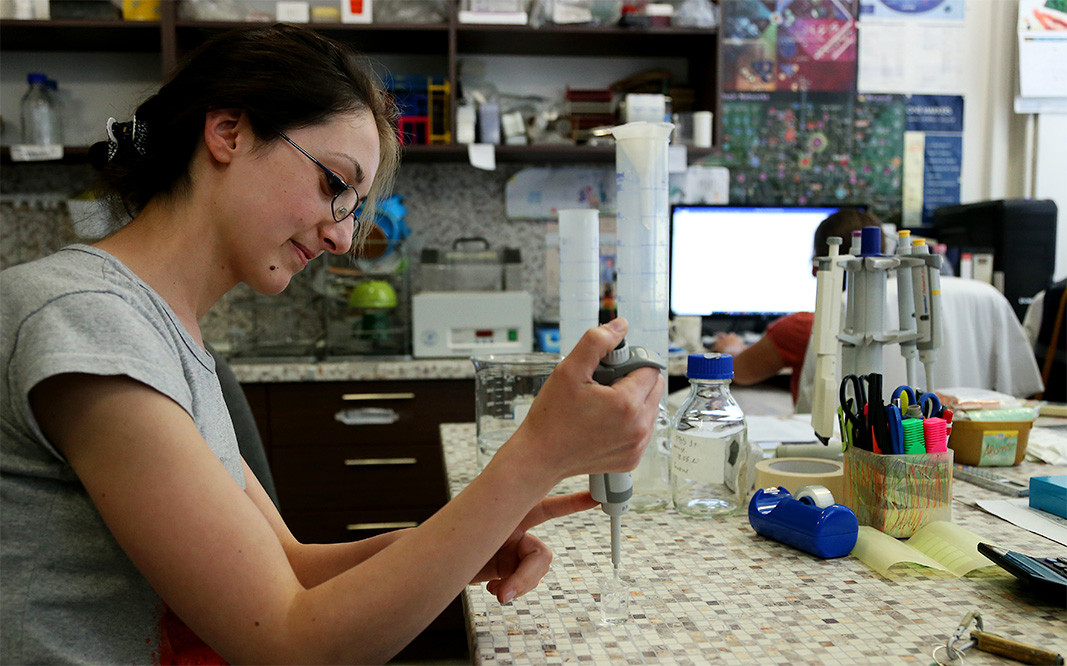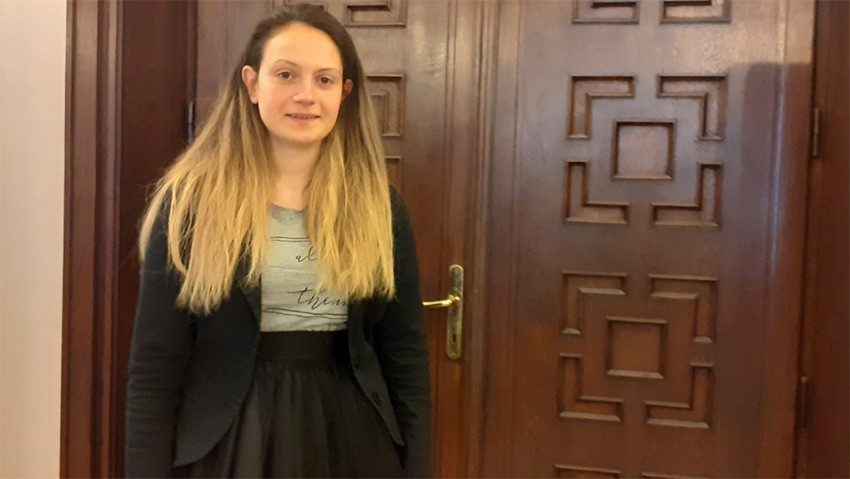The Bulgarian Academy of Sciences’ Institute of Microbiology Stefan Angelov marked its 75th anniversary. The remarkable history of this important institution goes back to the first years after World War 2. It was founded in 1947 to meet the need to combat infectious diseases. The first efforts of the microbiologists at the institute were in medical and veterinary bacteriology, and in virology. Soon after, the study began of the microbial systems in traditional Bulgarian food such as yogurt and white brined cheese and their effect on human health. Today the microbiologists from the institute are working on developing formulas that can help slow cell ageing, treat psoriasis and boost human immunity.

The director of the institute Prof. Penka Petrova stated that in the sphere of the environment, the developments are connected mostly with the discovery of new bacteria and yeast strains capable of breaking down toxic substances in water and of microorganisms capable of breaking down cellulose waste during long space missions. In an interview for the Bulgarian news agency BTA, she stated that the institute has developed a prototype of a vaccine against Covid-19. The project is financed by the Pasteur institute in Paris, and the work of the Bulgarian researchers has been commended.

A number of young scientists took part in the conference dedicated to the anniversary of the Institute of Microbiology with their latest research aimed at improving the quality if life.

One of the young hopefuls in science is Kristiana Amirova, from the Metabolomics Laboratory at the Bulgarian Academy of Sciences’ department of biotechnologies, who is working on her PhD. She will soon be defending her dissertation which is dedicated to new research of two natural molecules extracted from a rare and valuable plant in Bulgaria:

“That plant is the Flower of Orpheus (Haberlea rhodopensis). The idea is to impact more than 1,000 genes in the human body, and they on their part are responsible for the anti-oxidative protection of the organism and regulate a great many things if there is an infection. What we are doing through these natural molecules is to try and impact human health and boost it. Chemistry has been part of people’s lives for many years but our aim is to be more nature-friendly. This means we are taking the discoveries made by our ancestors, and using modern methods, we are proving their effectivity. We are now seeing how these medicinal plants actually work.”
But as the so-called Orpheus Flower is in Bulgaria’s Red Book, and picking it is prohibited by law, the microbiologists have found a way to grow it in laboratory conditions. “That is what the work of the scientist is all about – to make a difference, to improve human health,” Kristiana Amirova says and adds:
“There are plenty of opportunities in Bulgaria thanks to European financing, and all one has to do is take a step in that direction. The institute develops molecules that can help combat virus pandemics such as Covid-19 but that is something we are going to have to learn to live with. It is still too early to say a panacea will be found to combat viruses and other infectious diseases.”
Photos: microbio.bas.bg, BGNES, private library
The votes in the early parliamentary elections on October 27 outlined an even more diverse parliament. The initial forecasts were for a 9-party National Assembly, but the results that the CEC announced after processing all the..
The highest concentration of microplastics along the Bulgarian Black Sea coast is found in the Bay of Sozopol, according to a study by the Laboratory of Marine Ecology in Sozopol published in the international journal Marine Pollution Bulletin...
The Bessarabian Bulgarians are "an integral part of the Bulgarian national body, of the Bulgarian spiritual and cultural community, and they will always be, because the bond between us and them is unbreakable" - wrote the only issue of the newspaper..
Konyovets village near Shumen is marking 160 years since the oldest stud farm in Bulgaria was set up. Celebrations are being organized on the farm on 1..
Disputes in Croatia over sending military personnel to NATO mission in support of Ukraine NATO Acting Deputy Secretary..
Leading researchers and lecturers from the St. Kliment Ohridski University in Sofia and the Institute of Astronomy and National Astronomical Observatory..

+359 2 9336 661
